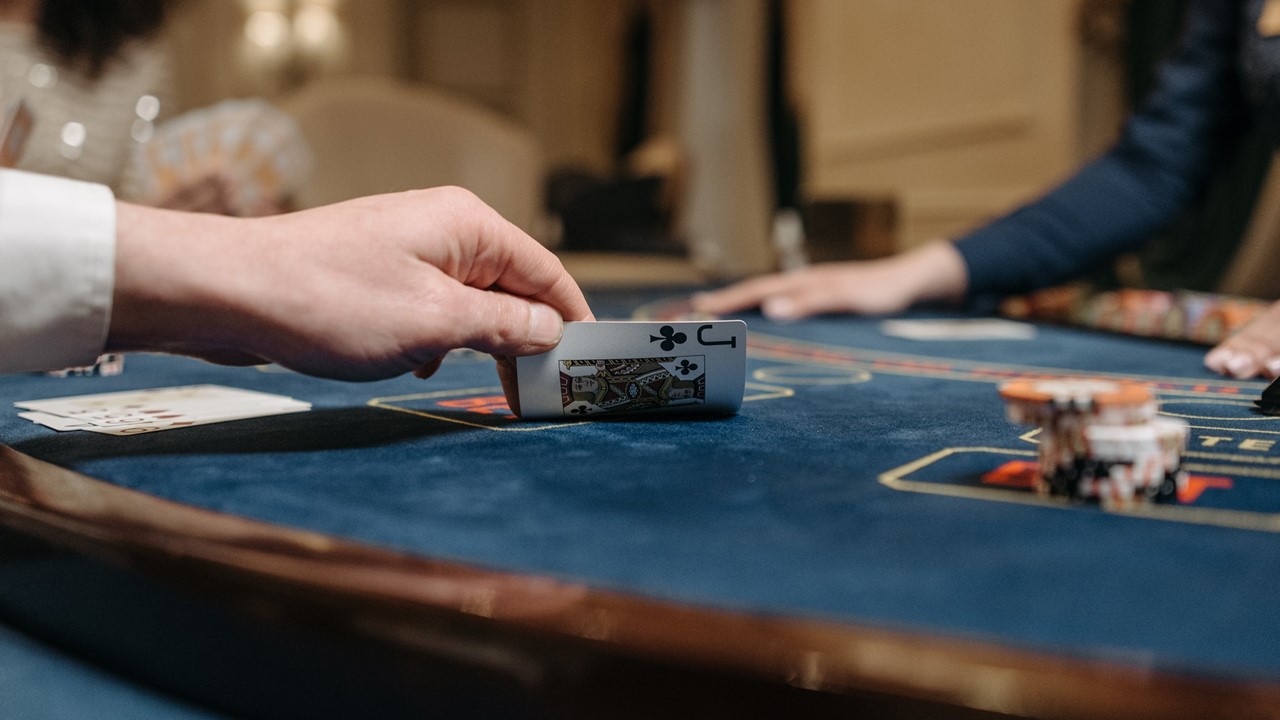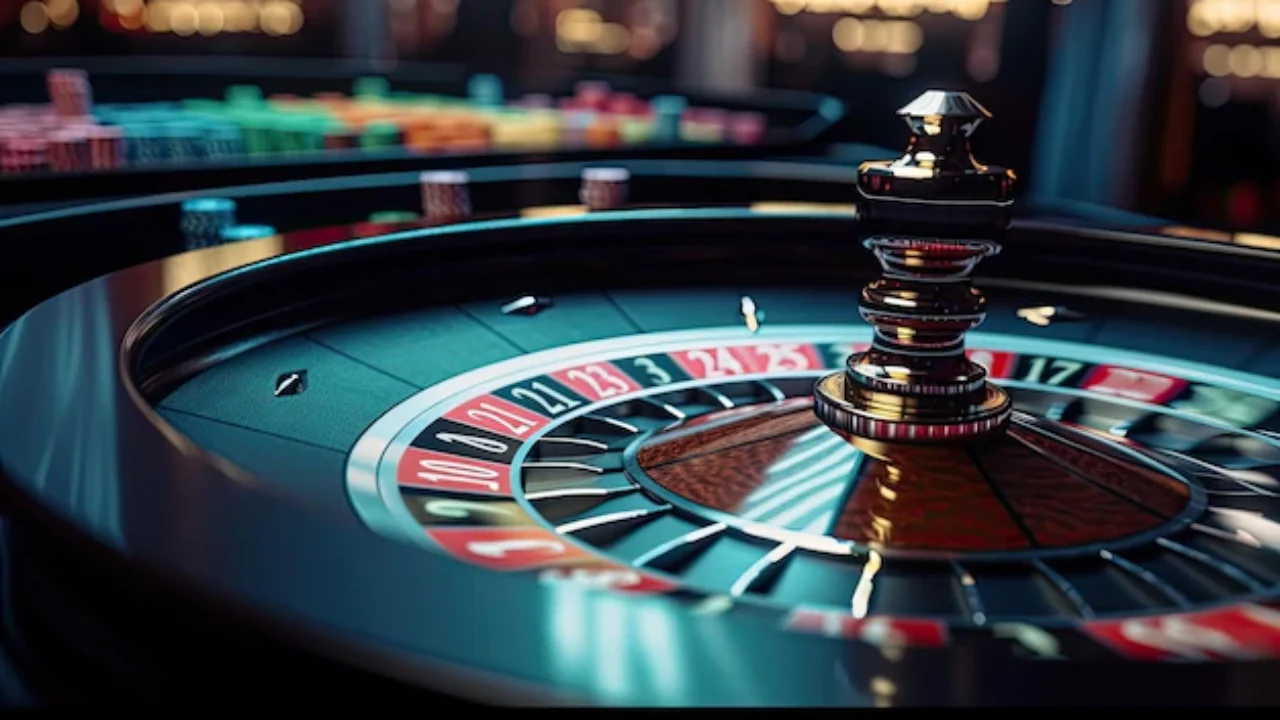Let's Break Down Game Theory!
So there's this guy, Yanis Varoufakis, right? He's the Greek Finance Minister and he's all tangled up in these chats about Greece's debts. Guy's a total brain when it comes to game theory. But you're probably wondering, ""What the heck is game theory anyway?"" That's what Chris Stokel-Walker is poking around to find out.

Varoufakis himself penned something in the New York Times, like, ""Hey, don't think I'm just sitting here playing mind games. I'm not about to bluff my way through Greece's situation."" He basically said, using game theory to outsmart the talks with Greece's partners would be like, super dumb.
Alright, here's the skinny on game theory: it's all about maths and decision-making. We're talking about conflicts, strategies, and the social scene .
Imagine you're haggling with a car dealer. The dealer's playing his cards based on his costs, the fact that you seem to dig the car, and that he could high-five himself for making a sale. You, on your end, are trying to score the best deal home-page by playing into the fact he's gotta sell and there's some wiggle room in the price.
Every single time we interact with another person, from eyeing the last muffin at the coffee joint to scratching someone's back at the office hoping they'll return the favor, we're actually dipping into game theory without even knowing it nytimes.
These ""games"" aren't just for us humans, btw. Animals are in on it too. Antonio Cabrales, this economics prof at University College London, says it's like, ""I do this, you do that, and boom, something happens."" It's all based on what we both decide to do.

The game bit is this mathematical way to figure out how we make choices and interact. The most famous example? The Prisoner's Dilemma. Picture this: two crooks get caught and they're offered a deal to snitch on each other. If they both keep mum, it's a slap on the wrist. If one sings and the other doesn't, the silent one gets the book thrown at them. They're stuck deciding whether to betray or stay quiet.
Paul Schweinzer from the University of York says game theory is all about understanding how our choices impact others and how that plays into our decisions.
Game theory assumes everyone's playing with a full deck, knowing what's up with the game and its limits, and that the other person gets it too. It's the backbone of all these strategic moves.
Even if we're not all sitting there, scratching our heads, thinking about our next chess move, we're still acting like we're in the game. Animals too! They might not be strategizing with a whiteboard, but evolution or learning from oopsies bbc makes them act like they've got a game plan.
Game theory even got some Hollywood love with Russell Crowe playing Nobel prize winner John Nash in ""A Beautiful Mind.""
John D Williams was one of the brains behind game theory. He wrote this book ""The Compleat Strategyst"" in 1954, trying to get everyone on board, saying it'll do the world some good.
Nowadays, everybody's using it. Economists like Rakesh Vohra say it's gone big because folks realized they need to think sharp about how they play with others. It's totally shaken up the way we look at economics.
Think auctions for big projects or TV rights for sports, even dating apps use it. Businesses use it to predict what'll happen if they slash prices and start a war with their rivals.
It's not just about money and deals, though. Game shows like The Weakest Link are all over game theory with alliances and who gets the boot decisions.
Back in the day, game theory was military stuff. The Brits and Americans used good old computers to run simulations to help decide when and where to hit the enemy.

It's come a long way since then. Vohra throws in that at first, people thought they could just turn the game theory crank and out pops the winning move. But nah, it's more about sharpening your judgement now. It can't solve everything, but it sure can guide you on what to focus on in this crazy world.
Game theory isn't all about duking it out either. Sometimes it's about teaming up. Like Schweinzer says, if we join forces to create something, we both win. And in chess, one player's win is the other's loss, but that's not always the game.
Carissa Veliz, an ethicist at the Oxford Uehiro Centre for Practical Ethics, chimes in. She's like, ""Game theory doesn't always have to be about butting heads. It doesn't have to be all about me, me, me.""
With Greece's money drama, game theory's right in the mix, especially with Varoufakis's game theory rep cbc. Vohra says the loan re-negotiations are a textbook example of the push-and-pull between competing and working together.

But not all the experts are sold on it. This dude, Sean Hargreaves Heap from King's College London, who wrote a book critiquing game theory back in the '90s, isn't convinced it's that useful for Greece's financial haggles. He's like, ""Sure, it frames the problem, but predicting moves in a standoff? Good luck.""
Oh, and get this: Hargreaves Heap's co-writer for that book? None other than a young Yanis Varoufakis. Small world, huh?
"


